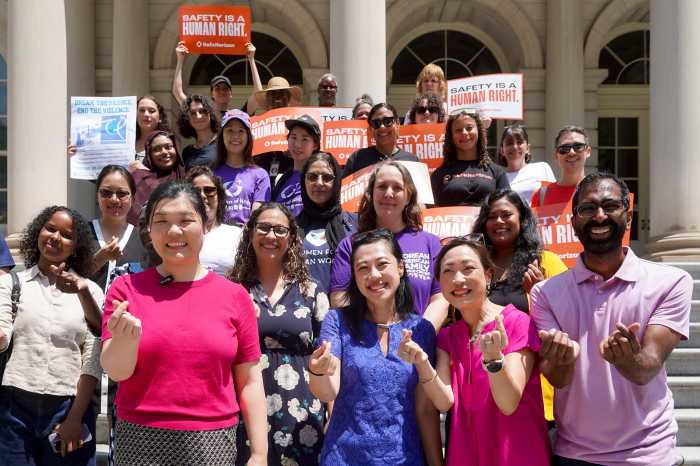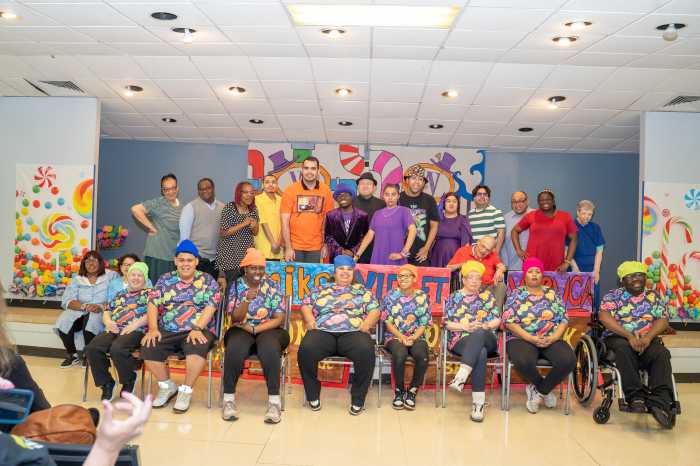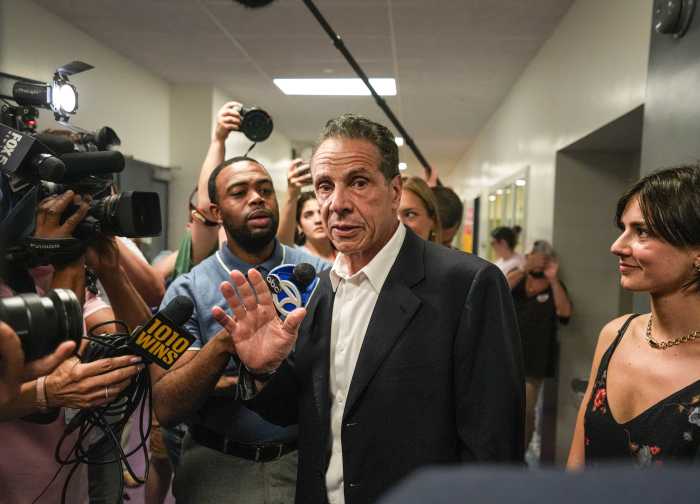By Ayala Ben-Yehuda
The first conference to focus on teaching community college students about the Holocaust and other genocides was set to take place Sunday and Monday at Queensborough Community College in Bayside.
The college, which offers one of the nation's oldest programs for Holocaust studies, is organizing the conference for teachers of Holocaust and genocide studies or those who would like to implement such curricula in their schools, said Dr. William Shulman, director of Queensborough's Holocaust Resource Center and Archives.
“I think it's important, first of all because it's part of our history,” said Shulman, who founded Queensborough's program in 1976. “One hopes at least by studying it and making people aware of it that some change could take place.”
Shulman said genocide studies programs are much more prevalent at senior colleges than at junior colleges because many community colleges focus on vocational studies rather than liberal arts.
But a community college's accessibility to the broader public “makes it an ideal setting for reaching out with this sort of research.”
Courses encompass everything “from the Armenian genocides to Rwanda. It never ends,” he said.
The field of Holocaust studies came about in the 1970s and '80s, said Shulman, because it took until those decades to amass enough knowledge and research about the Holocaust on which to base courses.
“It was at that point that survivors began to speak out,” Shulman said.
About 25 participants are expected at the conference, which will teach both curricula content and how to set up a genocide studies program at a community college.
On the agenda are discussions such as: “Resistance and Courage: Women and Men and the Holocaust,” “Literature and History: Natural Partners in Teaching About the Holocaust” and “Genocide and the Holocaust: From the Armenians to the Trial of Slobodan Milosevic.”
The sessions will be led by community and senior college professors from all over the Northeast.
Though the conference is not open to the public, Shulman encouraged interested people to use the Holocaust center's resources, which include more than 10,000 volumes of research and hundreds of videos.
Even with education, genocides continue to this day, but that does not make the efforts of teachers futile, Shulman said.
“You can change individual students' outlook on the world,” he said. “Everything is one by one by one in this business.”
Reach reporter Ayala Ben-Yehuda by e-mail at Timesledger@aol.com or call 718-229-0300, Ext. 146.


































